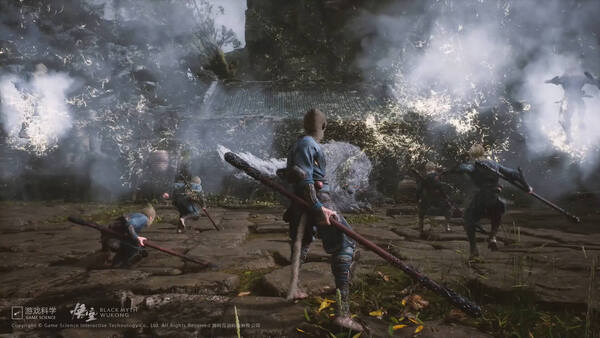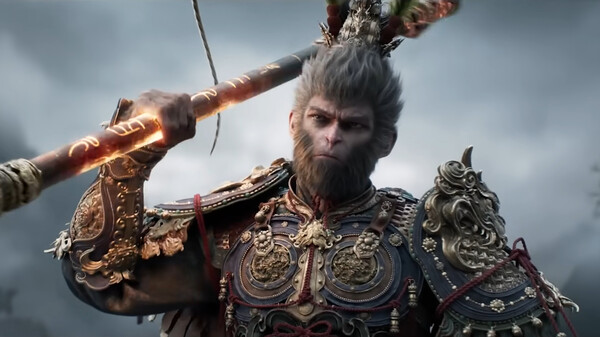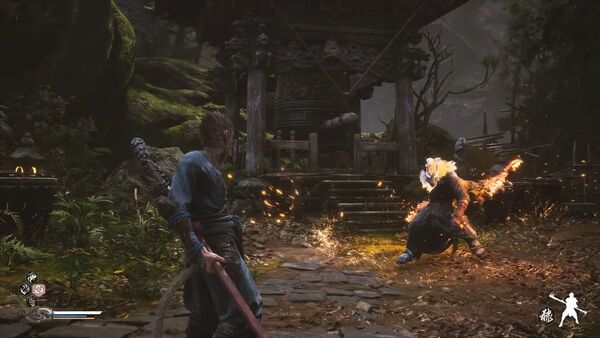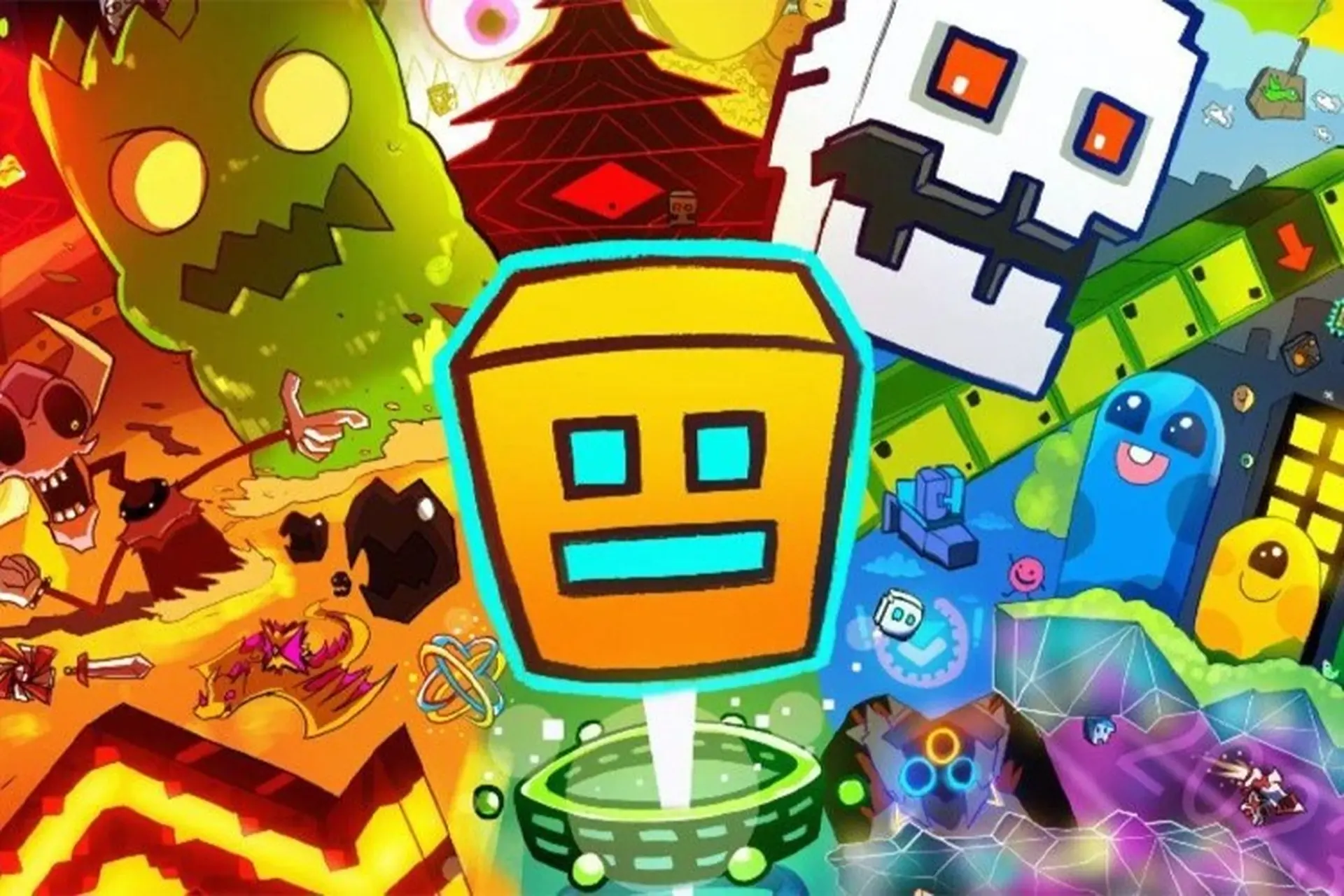Balancing difficulty in action RPGs is an intricate process that determines the overall player experience.
Black Myth: Wukong stands out for its dynamic combat, intricate level design, and mythological storytelling, but maintaining a fair yet challenging difficulty curve has been one of the game’s most significant undertakings. This article delves into how the game approaches difficulty, the challenges faced by developers, and its impact on gameplay and player engagement.
H2: The Philosophy Behind Difficulty Design
H3: Inspired by Soulslike Games
Black Myth: Wukong borrows from the
Dark Souls series, focusing on punishing yet rewarding gameplay that demands skill and strategy.
H4: Mythological Roots in Challenge
The game reflects Wukong’s journey, where overcoming monumental challenges mirrors his legendary tale of resilience and adaptability.
H2: The Role of Adaptive Difficulty
H3: Scaling Based on Player Performance
The game incorporates adaptive difficulty, subtly altering enemy behavior or damage output based on player performance.
H4: Balancing Accessibility and Challenge
While maintaining a challenging core, the developers aim to ensure players of varying skill levels can enjoy the game through optional aids.
H2: Boss Encounters: The True Test
H3: Multi-Phase Battles
Bosses often feature multiple phases, each introducing new mechanics, requiring players to adapt their strategies dynamically.
H4: Punishment and Reward
These battles are designed to feel rewarding, with each victory providing a sense of accomplishment and narrative progression.
H2: Combat Mechanics and Player Skill
H3: Precision in Timing
The combat system emphasizes precise timing for attacks, dodges, and parries, rewarding skill and practice over button-mashing.
H4: Customizable Playstyles
Players can adopt various combat approaches, from aggressive melee strategies to cautious, ranged tactics, affecting difficulty perception.
H2: The Challenge of Enemy AI Design
H3: Reactive Enemy Behavior
Enemies are designed to adapt to player actions, countering repetitive strategies to keep encounters engaging and unpredictable.
H4: Difficulty Through Variety
From basic mobs to complex mini-bosses, the variety in enemy design ensures players remain on their toes throughout the game.
H2: Level Design and Exploration Challenges
H3: Environmental Hazards
Levels feature environmental traps, such as collapsing platforms or poison swamps, adding layers of difficulty beyond combat.
H4: Rewarding Exploration
While challenging, exploration is incentivized with hidden treasures, lore, and shortcuts that make the journey worthwhile.
H2: Balancing Transformations and Difficulty
H3: Strategic Use of Transformations
Transformations add a layer of complexity, allowing players to gain temporary advantages, but misuse can lead to vulnerabilities.
H4: Resource Management
The energy or cooldown systems tied to transformations require careful management, adding another dimension to difficulty.
H2: Player Feedback and Iterative Changes
H3: Beta Testing Insights
Player feedback during beta phases helped the developers identify spikes in difficulty and make necessary adjustments.
H4: Addressing Criticism
Early complaints about unbalanced bosses or overly punishing areas led to tweaks that refined the overall experience.
H2: Comparing Difficulty Across Game Modes
H3: Standard Versus Hardcore
The game offers multiple modes, with hardcore providing limited resources and increased enemy aggression for seasoned players.
H4: Optional Assists
Accessibility features, such as increased health regeneration or simplified controls, cater to those seeking a less intense experience.
H2: The Psychological Impact of Difficulty
H3: Creating a Sense of Achievement
Overcoming tough challenges fosters a sense of accomplishment, a hallmark of
Black Myth: Wukong’s gameplay philosophy.
H4: Avoiding Player Frustration
The developers strive to ensure difficulty feels fair, avoiding mechanics that punish players without offering learning opportunities.
Conclusion
Balancing difficulty in
Black Myth: Wukong is a meticulous endeavor, combining adaptive mechanics, strategic combat, and varied enemy design. By maintaining fairness and providing options for accessibility, the game appeals to a broad audience while staying true to its challenging roots. The result is a rewarding experience that captures the essence of Wukong’s mythological journey.




















